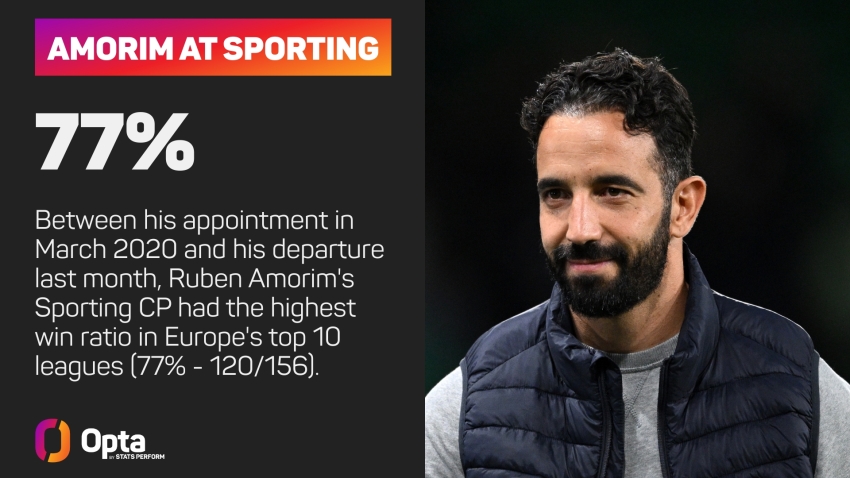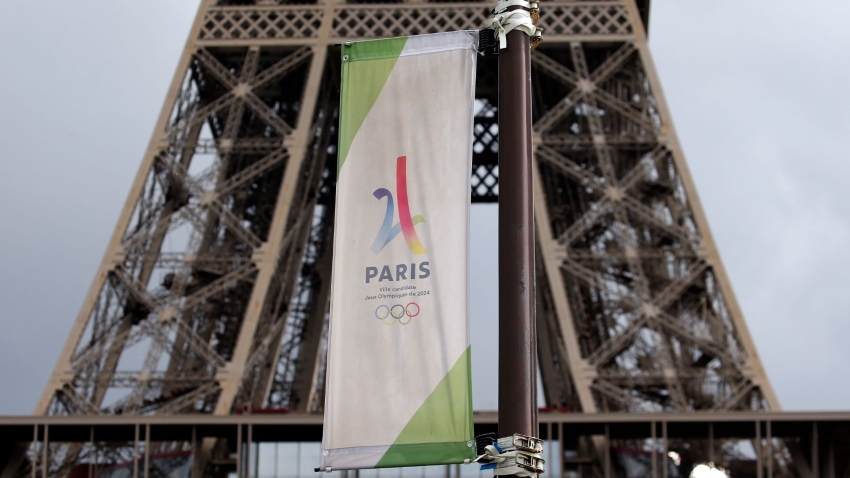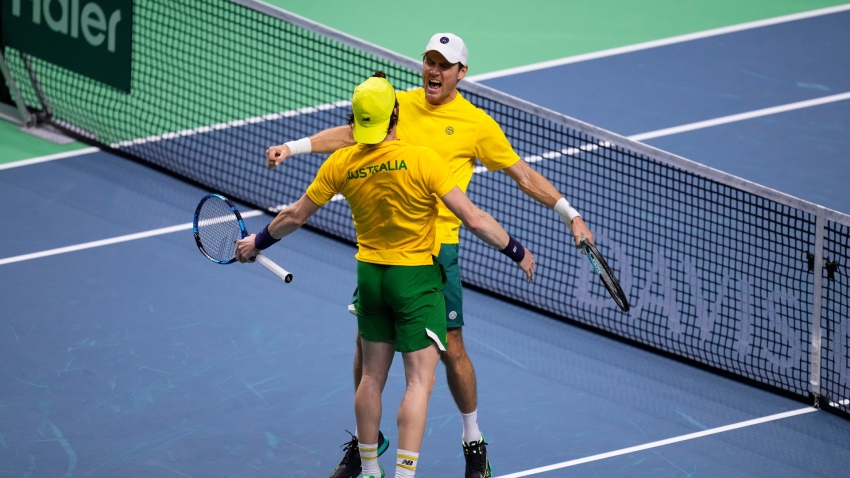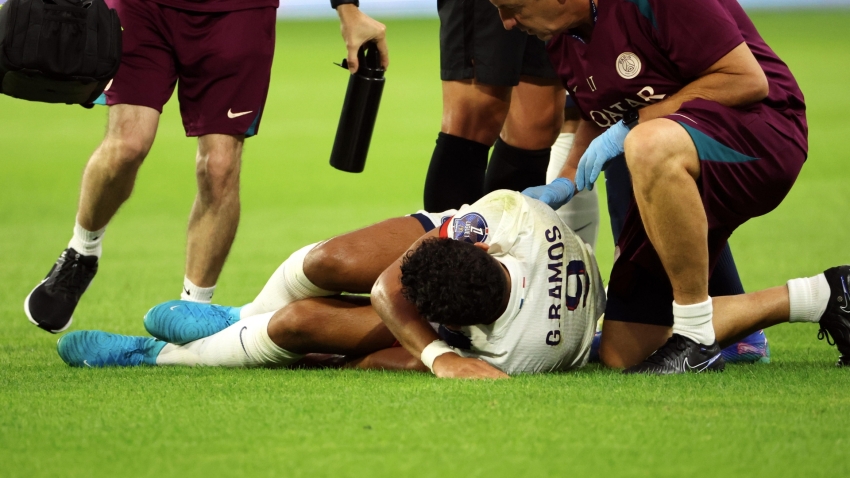Brighton and Hove Albion boss Fabian Hurzeler believes his players need to rebuild their momentum following a two-week break after their 2-1 victory over Manchester City.
The Seagulls came back from a goal down in dramatic fashion to inflict City's fourth successive defeat in all competitions last time out.
Though the international break came at a bad time for his in-form team, Hurzeler refused to criticise the schedule ahead of their trip to the Vitality Stadium.
"You always have to work to get momentum. It's always a new game and no matter if there's a break between games or not, the game starts from zero," he told a pre-match press conference.
"You have to go into the game and do the things you can influence to the maximum.
"You can't say 'we won against Manchester City and now the momentum will keep going', it's about fighting for momentum.
"It's a new game, a different challenge and a really big challenge because Bournemouth are one of the strongest teams at the moment."
Bournemouth have also beaten City recently, with the Cherries also triumphing over Arsenal and Southampton in their last three home matches.
"They can play very intense, they run a lot, they have individual quality, they are in good shape. For me at the moment, they're one of the best teams in the league," Hurzeler said of the Cherries.
Bournemouth manager Andoni Iraola, meanwhile, was keen to stress that his players need to keep their concentration against Brighton. The Cherries were beaten 3-2 away to Brentford last time out, despite having taken the lead twice.
“You never want to lose the last game before the break because at the end you remember the last feeling. We will remember this week, the actions here against Brentford," he said.
"We can prepare very well for the game against Brighton, that is going to be also very demanding.”
PLAYERS TO WATCH
Bournemouth – Evanilson
Evanilson has scored four goals for Bournemouth since joining the club in August. He is tied with Antoine Semenyo as the club's top scorer, although his goals have come in one fewer appearance.
The Brazilian forward has found the net in three successive matches and will become the first Bournemouth player since Callum Wilson in 2019 to score in four straight top-flight games should he do so on Saturday.
Brighton – Danny Welbeck
Danny Welbeck is Brighton's leading scorer so far this season, with six league goals – a total that includes three opening goals.
He has scored two away goals so far in the current campaign, coming on the opening day at Everton and the only goal of the game at Newcastle United last month.
MATCH PREDICTION: DRAW
Bournemouth come into this in 12th place in the Premier League on 15 points after 11 matches, having lost 3-2 to Brentford in their most recent game.
At home, though, they have taken 10 points from five matches (three wins, one draw, one loss) and come into this with three successive victories at the Vitality Stadium. They have never won four Premier League home games in a row.
Brighton have earned seven points from five away games (two wins, one draw and two losses) and, despite being six places above their hosts in the table, there are just four points between them.
While Bournemouth have won four of their five Premier League home games against Brighton, Fabian Hurzeler's side come into this in good form having won three of their last five (one draw, one loss) Premier League matches – as many victories as they managed across their previous 16 league games (six draws, seven defeats).
OPTA WIN PROBABILITY
Bournemouth – 41.2%
Draw – 25.1%
Brighton – 33.7%





























